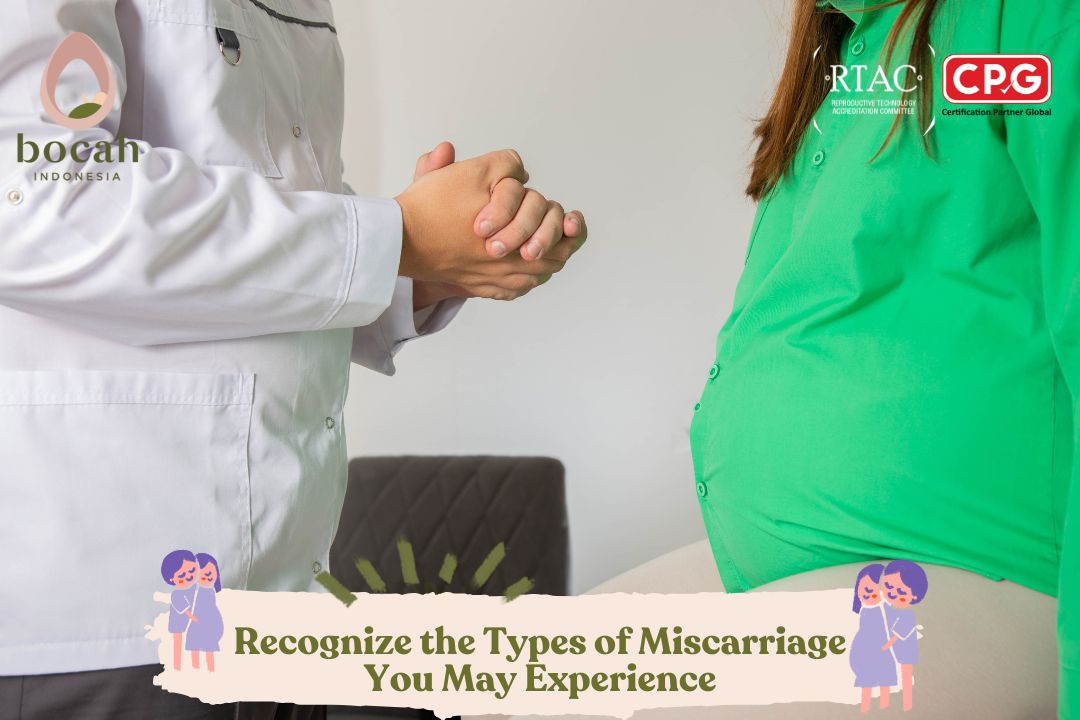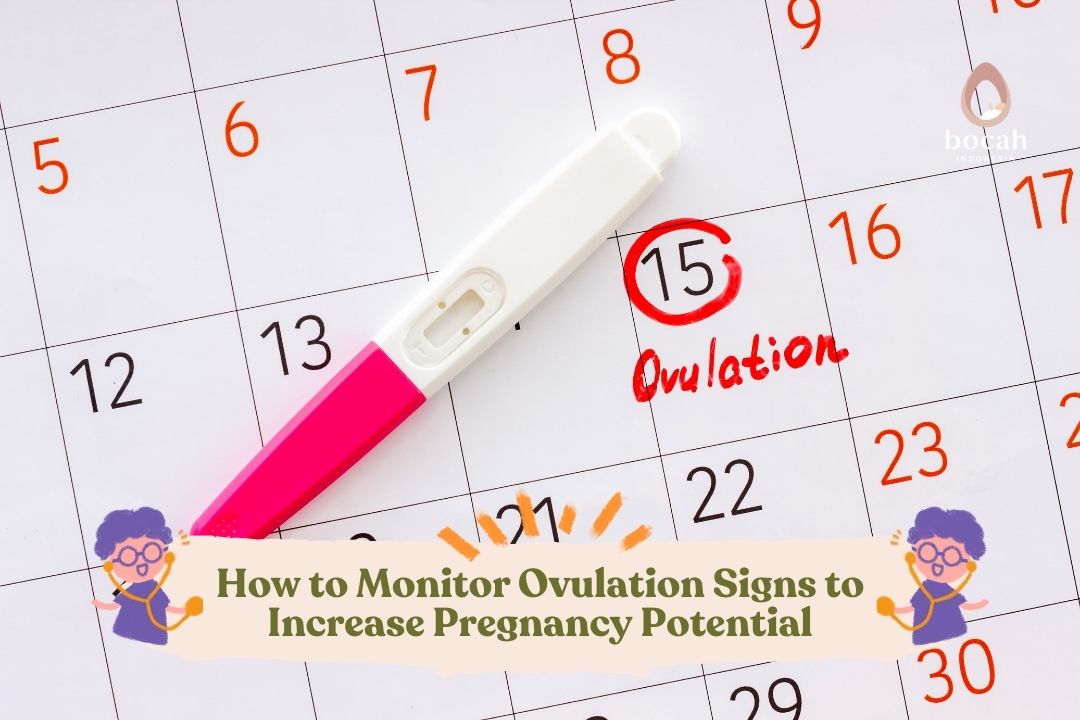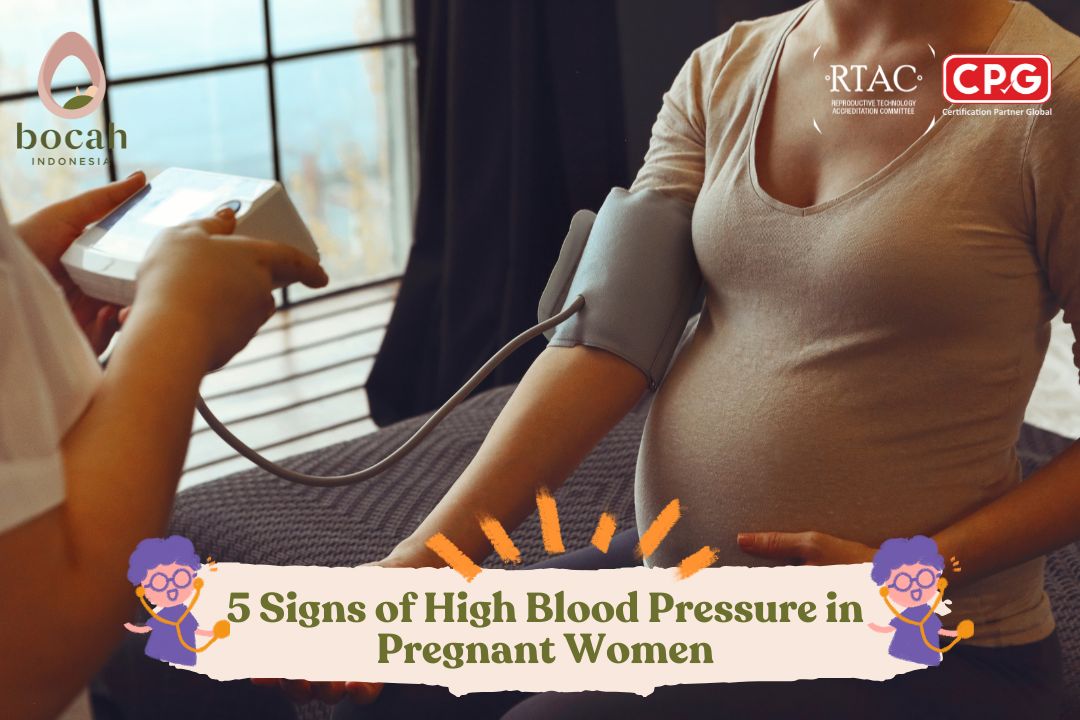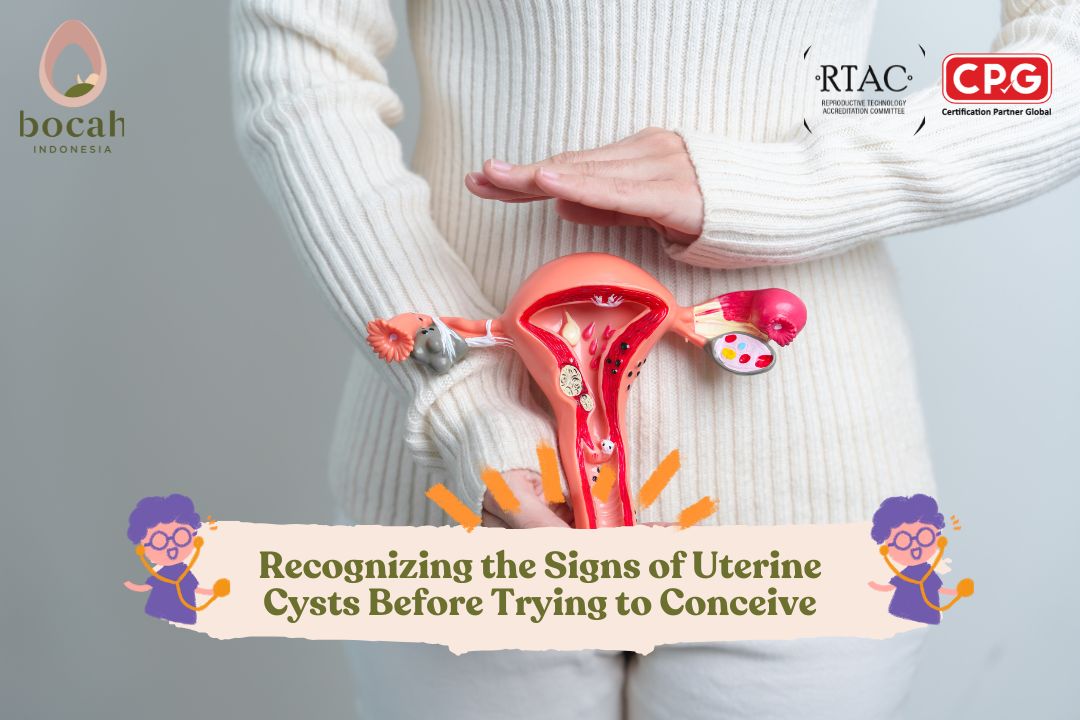Recognize the Signs and Symptoms of Threatened Miscarriage
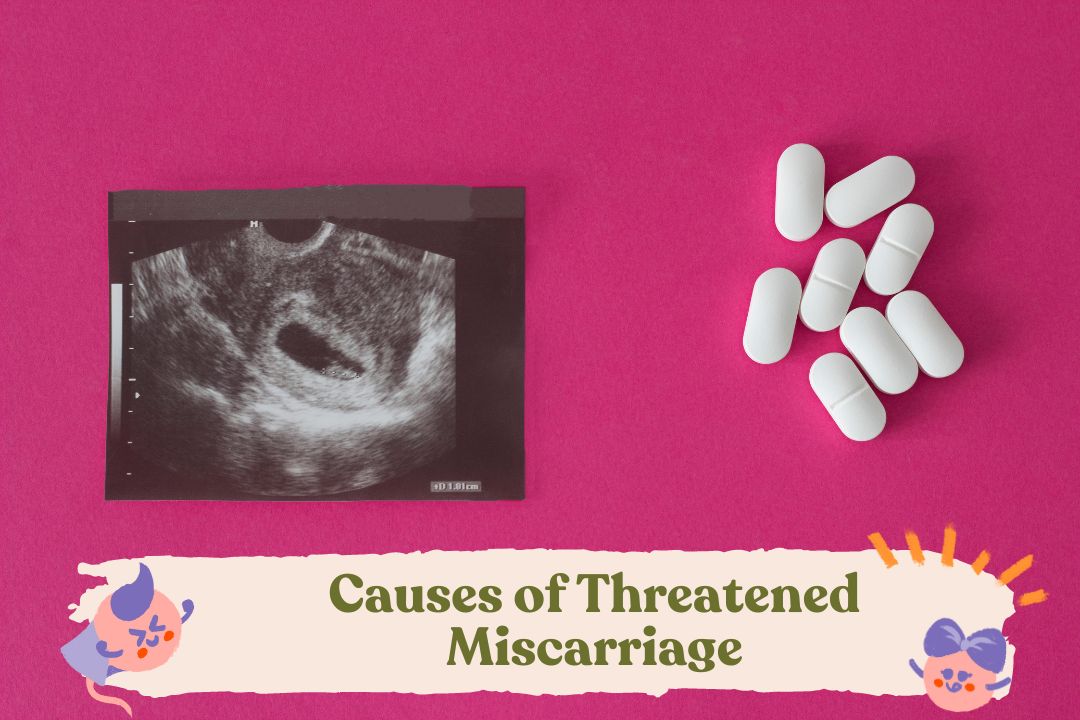
Threatened miscarriage, also known as abortus imminens or threatened abortion, is a term used to describe the risk of miscarriage.
During the early stages of pregnancy, there may be symptoms or sensations that cause concern for the mother, such as abnormal vaginal bleeding or abdominal pain. Your first instinct might assume the worst, which is a miscarriage.
If you are indeed experiencing signs of a miscarriage or threatened miscarriage, the doctor can take several steps to assess the danger. Here are some signs you need to know about the symptoms and management of threatened miscarriage.
What Is Threatened Miscarriage?
Threatened Miscarriage is a term used to describe abnormal vaginal bleeding and abdominal pain that occurs while the pregnancy is still ongoing. Although vaginal bleeding is common in early pregnancy, spotting during the first trimester can be considered a threat of miscarriage.
The bleeding and pain that occur during pregnancy are usually mild, and the cervix (cervical os) should remain closed. However, if the cervix dilates or heavy bleeding occurs, it indicates that you may be experiencing a miscarriage.
Tanya Mincah tentang Promil?
It’s important to note that many people who experience threatened miscarriage go on to have a healthy baby. This is more likely to happen if the cervix hasn’t dilated, and the fetus is still securely attached to the uterine wall. If you have abnormal hormone levels, hormone therapy often helps you carry the pregnancy to term.
About 50% of people with threatened miscarriage do not experience a miscarriage. Most individuals with this condition go on to have successful pregnancies in the future. However, if you have experienced two or more consecutive miscarriages, it is advisable to consult a doctor to discuss possible causes.
Causes of Threatened Miscarriage
The causes of threatened miscarriage can vary in each case. However, there are several factors that may indicate an increased risk of miscarriage during the first trimester. Here are some risks for pregnant women experiencing threatened miscarriage:
- Alcohol consumption or using illicit drugs during pregnancy
- Chromosomal abnormalities in the fetus
- Excessive caffeine intake (more than 200 milligrams or more than one cup per day)
- Use of certain medications or chemicals during pregnancy
- Pregnant women with obesity
- Advanced maternal age (threatened miscarriage is most common in women over 40 years old)
- Placental issues
- Smoking
- Trauma to the abdomen during pregnancy
Threatened miscarriage during later trimesters is more often associated with the following:
- High blood pressure
- Infections
- Kidney problems
- Structural issues with the uterus, cervix, or ovaries
- Thyroid disorders
- Uncontrolled diabetes
Diagnosing Threatened Miscarriage
When you are suspected to have threatened miscarriage, the doctor will perform a series of tests to evaluate the health of the pregnancy. These tests may include blood tests, ultrasound, and hCG testing.
The hCG blood test is used to measure the levels of human chorionic gonadotropin (hCG) hormone in the blood. This hormone is produced by fetal tissue and helps stimulate progesterone production during the first trimester, which is crucial for a healthy pregnancy.
However, early in pregnancy, one hCG test is not sufficient. Standard care requires a minimum of two hCG tests spaced two days apart to evaluate whether hCG levels are rising or falling. Additionally, ultrasound tests often need to be repeated after a few days or a week to confirm the diagnosis.
Post-Threatened Miscarriage Recovery Process
During the recovery period after the diagnosis of threatened miscarriage, the doctor may ask you to avoid certain activities. Bed rest and abstaining from sexual intercourse may be recommended until your symptoms subside. The doctor will also treat conditions that increase the risk of complications during pregnancy, such as diabetes or hypothyroidism.
The doctor may also provide progesterone injections to boost hormone levels. They may administer Rh immunoglobulin if you have Rh-negative blood and the developing fetus has Rh-positive blood. This prevents your body from forming antibodies against your baby’s blood.
For some individuals, threatened miscarriage can be a highly stressful experience and may lead to anxiety and depression. It is essential to speak with a doctor or psychologist if you experience these conditions after experiencing threatened miscarriage. They can help you get the necessary treatment.
Ask Mincah
[fluentform id=”31″]Source:
- Healthline. Diakses pada 2023. Threatened Abortion (Threatened Miscarriage) https://www.healthline.com/health/miscarriage-threatened
- Verywell Family. Diakses pada 2023. Signs and Risks of a Threatened Miscarriage https://www.verywellfamily.com/threatened-miscarriage-2371353
- Science Direct. Diakses pada 2023. Imminent Abortion https://www.sciencedirect.com/topics/medicine-and-dentistry/inevitable-abortion
- MedScape. Diakses 2023. Early Pregnancy Loss in Emergency Medicine https://emedicine.medscape.com/article/795085-overview


